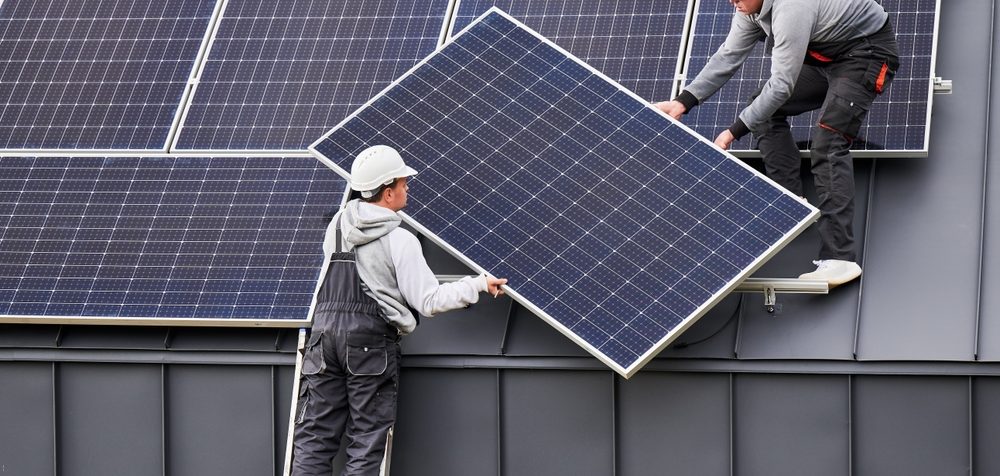
EtaVolt – a spin-off from Nanyang Technological University (NTU Singapore) – has developed a device that can rejuvenate and extend the life of photovoltaic (PV) panels.
Under harsh environmental conditions, solar panels quickly begin to lose their efficiency after installation. EtaVolt states that this drop in efficiency translates to an estimated energy loss of US $2 billion globally, based on the global 1-terawatt solar power capacity. Currently, solar panels are maintained by cleaning the top glass layer or replacing the entire module, and to date no inexpensive solutions are available on the market that can restore a solar panel’s efficiency on-site.
“We have known for a long time that while harvesting sunlight gives us an almost inexhaustible source of energy, producing solar panels requires a lot of energy and generates a high carbon footprint. While this carbon emission can be offset by the theoretical long service life of the solar panels, estimated at 25 years, the reality is that solar panels in tropical countries face harsher conditions and there has been no real solution to restore and recycle the silicon cells – the core technology of solar panels,” said Dr. Madhavi Srinivasan, executive director of the Energy Research Institute @ NTU.
EtaVolt’s Advanced Regeneration Technology works for over 90% of silicon solar cells in the market. The device applies precise temperature and intense light to solar cells, exciting material molecules which cause them to move quickly, changing their arrangement and repairing light and heat damage. The process of repairing solar panels prevents energy leakage by patching holes in a bucket-like fashion, ensuring optimal light energy collection. The device can automatically move over solar panels up to 7.5 feet (2.3 meters) long, helping to treat them and recover up to 5% of their lost field performance, with the process taking less than five minutes. The technique can be used indoors or for outdoor solar farms, and can give up to five years of protection.
“Our solar rejuvenation method has not only been rigorously tested and validated but has shown field-proven results in various commercial applications. The technology has been successfully implemented in projects with major partners in the solar industry, demonstrating its effectiveness and potential for widespread adoption,” stated Dr. Stanley Wang, Co-founder of EtaVolt.
